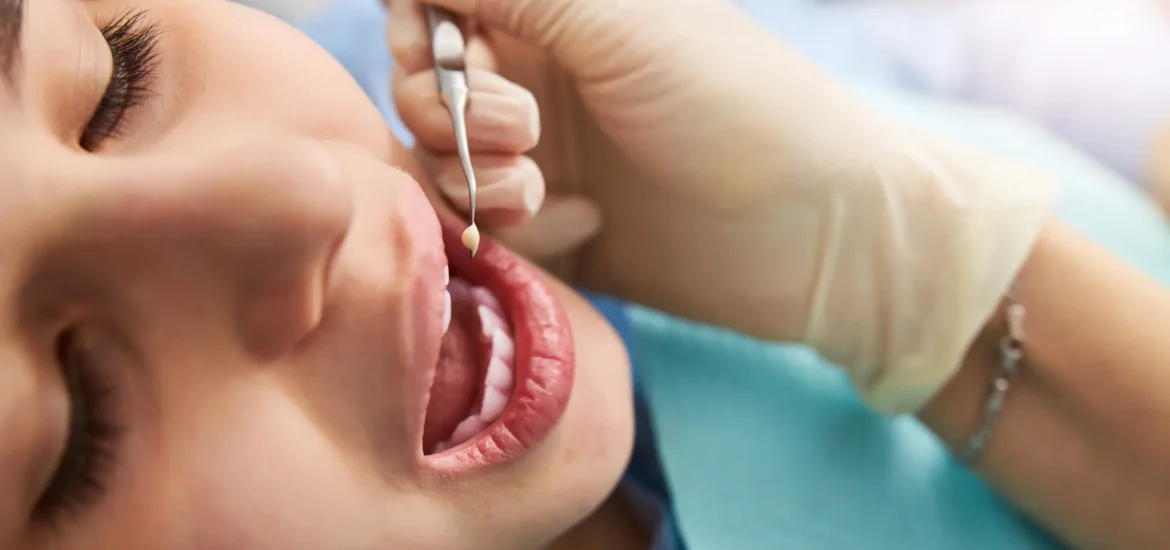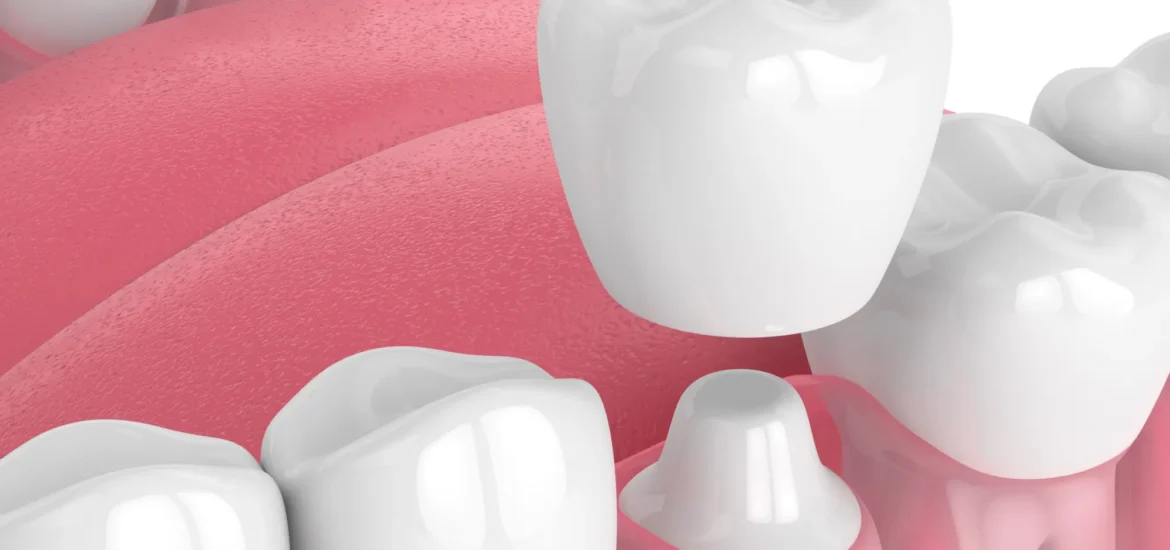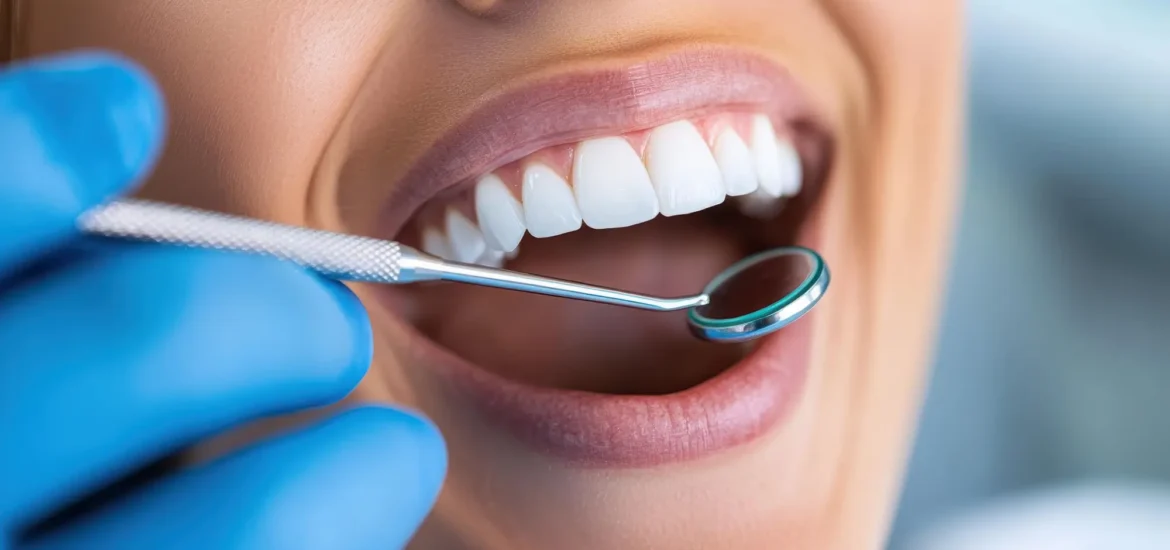Your smile is one of your greatest assets, but over time, wear and tear, decay, or injury can take a toll on your teeth. Restorative dentistry offers a variety of solutions to repair and rejuvenate your smile, ensuring it remains healthy and beautiful. Whether you’re dealing with a minor cavity or need more extensive dental work, understanding your options can empower you to make informed decisions about your oral health. In this blog, we’ll explore how bridges, fillings, and root canals can restore your smile and improve your overall well-being.
Understanding Dental Bridges
Dental bridges are a popular solution for missing teeth, offering both functional and aesthetic benefits. By literally “bridging” the gap between two teeth, they restore your ability to chew and speak properly while maintaining the natural shape of your face. Key benefits of dental bridges include:
- Restoring your smile and maintaining facial structure
- Improving your ability to chew and speak
- Preventing remaining teeth from drifting out of position
With various types of bridges available, such as traditional, cantilever, and Maryland bridges, your dentist can recommend the best option based on your specific needs.
The Importance of Dental Fillings
Dental fillings are essential for treating cavities and preventing further tooth decay. By filling the cavity, the tooth’s structure and function are restored, and the risk of more severe dental issues is minimized. Here’s why dental fillings are crucial:
- They stop the progression of decay by sealing the affected area
- Fillings restore the tooth’s shape, allowing for normal function
- Modern filling materials, such as composite resins, match your natural tooth color for an aesthetically pleasing result
Regular dental check-ups can help detect cavities early, allowing for timely intervention with fillings.
Root Canals: Saving Your Natural Teeth
When decay or infection reaches the pulp of a tooth, a root canal may be necessary to save it. Despite their intimidating reputation, root canals are a common and effective procedure to alleviate pain and preserve your natural tooth. Key points about root canals include:They remove infected or damaged tissue from inside the tooth
- The tooth is then cleaned, sealed, and often capped with a crown for protection
- Root canals can prevent the need for tooth extraction, maintaining your natural smile
Advancements in dental technology have made root canals more comfortable and efficient, offering a viable solution for severely damaged teeth.
Choosing the Right Restorative Dentist
Selecting a skilled and compassionate restorative dentist is crucial for achieving the best outcomes. Consider these factors when choosing a dentist:Experience and expertise in restorative procedures
- A patient-centered approach that prioritizes your comfort
- Access to the latest dental technology and techniques
At All About Smiles, Dr. Frances Golly and her team are dedicated to providing exceptional care tailored to your unique needs, ensuring a positive experience with every visit.
Revitalize Your Smile in McMinnville, OR
Ready to transform your smile and boost your confidence? Dr. Frances Golly at All About Smiles is here to help you achieve optimal oral health with personalized restorative dentistry solutions. Whether you need a bridge, filling, or root canal, our McMinnville, OR practice is committed to delivering top-notch care in a welcoming environment. Don’t wait any longer to restore your smile—call us today at (509) 954-7526 to schedule your appointment!




